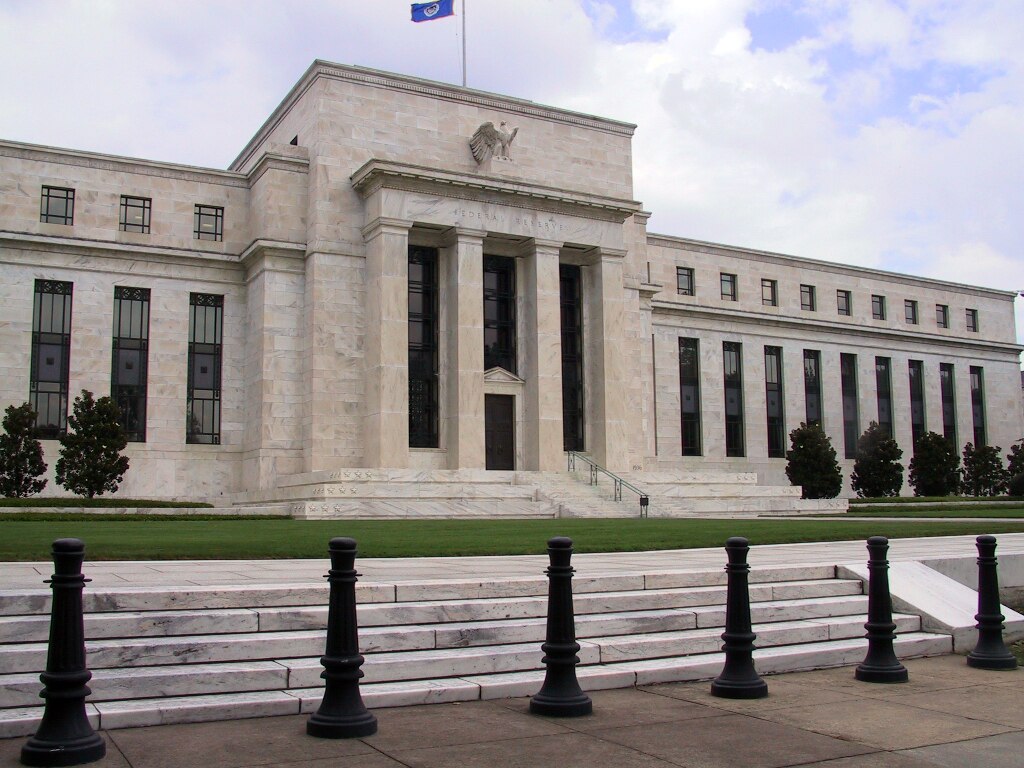The crypto market rally last year pushed prices of most digital currencies such as Bitcoin (BTC) and Ether (ETH) to new all-time highs making them increasingly popular among investors in the US. In fact, a recent report by the Federal Reserve revealed that more than 1 in 10 Americans owned crypto in 2021.
“Cryptocurrencies are relatively new digital assets that may be held as an investment or used for conducting financial transactions,” the Fed said in its Economic Well-Being of U.S. Households report released this month. “In 2021, most people using cryptocurrencies did so for investment purposes.”
The report noted that most crypto owners acquired digital currencies for investment purposes compared to those who bought them for transactions. “In 2021, 12 percent of adults held or used cryptocurrencies in the prior year,” the report added. “Eleven percent of adults had held cryptocurrency as an investment, while a far smaller 2 percent of adults said that they used cryptocurrency to buy something or make a payment in the prior 12 months, and 1 percent used it to send money to friends or family.“
The report also noted a correlation between income and crypto investments. Simply put, those who have crypto investments generally have higher earnings, have access to banking services, and have other investments or savings.
“Those who held cryptocurrency purely for investment purposes were disproportionately high-income, almost always had a traditional banking relationship, and typically had other retirement savings,” the report pointed out. “Forty-six percent of those using cryptocurrencies only for investment had an income of $100,000 or more, while 29 percent had an income under $50,000.”
“Additionally, 99 percent of those investing in cryptocurrency, but not using it for transactions, had a bank account, and 89 percent of nonretired cryptocurrency investors had at least some retirement savings,” the Fed added.
Crypto advocates have argued that digital currencies could promote financial inclusion by giving the unbanked and underbanked access to financial services. A graph in the report seems to support this case as those who own crypto but do not own a bank account, credit card, or retirement savings tend to use digital currencies for transactions more than owning crypto purely for investment purposes.

























Comment 85